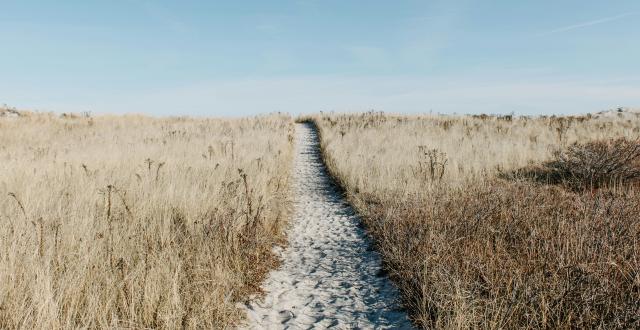
A compassion driven life
Compassion comes naturally to me. It has dominated my life so that it drew me to a career in nursing. In this profession, compassion led me to bedside nursing, where one encounters the most vulnerable population in a hospital setting.
It is hard for me to turn a blind eye to the needs of others, even when it hurts to care. It is through compassion and prayer that I have best understood our common humanity. Compassion for the other is what continues to anchor me to the mystery of the passion, and stays with me as I now journey with migrants at the San Diego Detention Center.
Compassion is crucial to our well-being in a world now shared by billions of people of diverse cultures. I am very sure that the capacity for compassion in the human mind and heart may be key to the very survival of humankind as well as the environment we share with all creatures God has made. It does not matter where these multitudes of people come from or what jacket (color) God has given them. What God creates is good.
I recognize compassion as a significant and powerful value in both African traditions and our society, today. People have already said that compassion holds an exciting potential for humankind to create merciful communities and, perhaps, a merciful global community in which people take responsibility and care for each other and where peaceful co-existence is a genuine possibility.
The following story from South Africa, I believe, can help us formulate relevant questions around compassion.
UBUNTU is a very profound story in Southern Africa, the motivation behind the Ubuntu culture in Africa.
An anthropologist proposed a game to the African tribal children.
He placed a basket of sweets near a tree and made the children stand 100 meters away. He announced whoever reaches first would get all the sweets in the basket. Then he said, “ready, set, go.”
Do you know what these children did? They all held each other’s hands, ran together towards the tree, divided the sweets equally among themselves, ate the sweets and enjoyed it.
When the anthropologist asked them why they did so, they answered, “UBUNTU,” which meant “How can one be happy when others are sad?” Ubuntu in their language means, “I am because we are.” A strong message for generations.
The lesson from this story has important implications for community building, for it implies personal transformation is possible, and we humans are capable of developing a compassionate mindset that can affect the well-being of the wider community. We all need to share what we have been blessed with by God.
The story leaves us to ponder significant questions: How can we help to bring about such community-oriented people? Can the rich share freely with the “have-nots”? How can we help change the heart and the mindset of those who “have”? And taking it a step further: what prevents kind and well-meaning people from acting with compassion within their own communities and beyond?
My question to you is: what impact can you have, or what difference can you make, when there is so much suffering all around you? What is it that drives you to make a difference in someone’s life?
Everywhere, every day, we learn of people suffering, in our own families, communities and in communities throughout the world. It is difficult not to be aware of all this suffering, yet most of us, including me, manage to keep it from the forefront of our everyday lives.
It is said, charity begins at home. I need to be compassionate to myself and then my community, and with this mindset, together, we can change our world.
I feel like this is a call within my heart right now, and I am driven to contribute by finding ways at my local level to help those in need, especially the immigrants and homeless individuals who come to my parish community.
I am energized by the JPIC document, Being Artisans of Hope in Our Blessed and Broken World, and the work of the Society on an international level, looking at the problems of our world with eyes of faith. I admire our commitment to act, rather than talk about mercy without practice.
I pray and hope that as a Society, with this document as a guide, more people will be moved to helping those suffering. The world is in need of more compassionate people to rise up and show the genuine compassion of Christ to others – to love, the very mission of our Society of the Sacred Heart.
Reflection: Uchenna Oluoha, RSCJ, United States – Canada Province
Image: Transformation of the Heart by Jana Parkes, featured in Being Artisans of Hope in Our Blessed and Broken World



